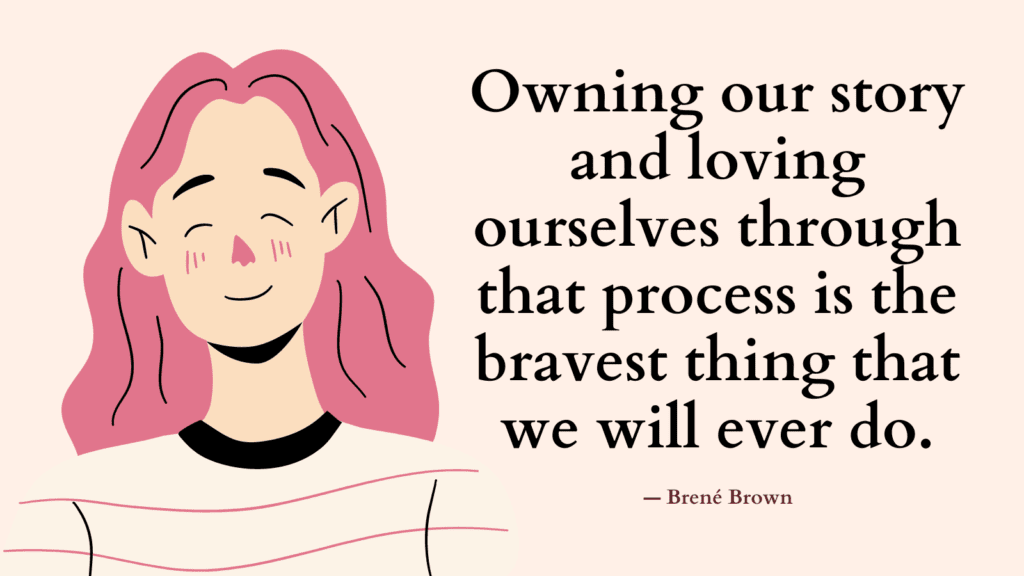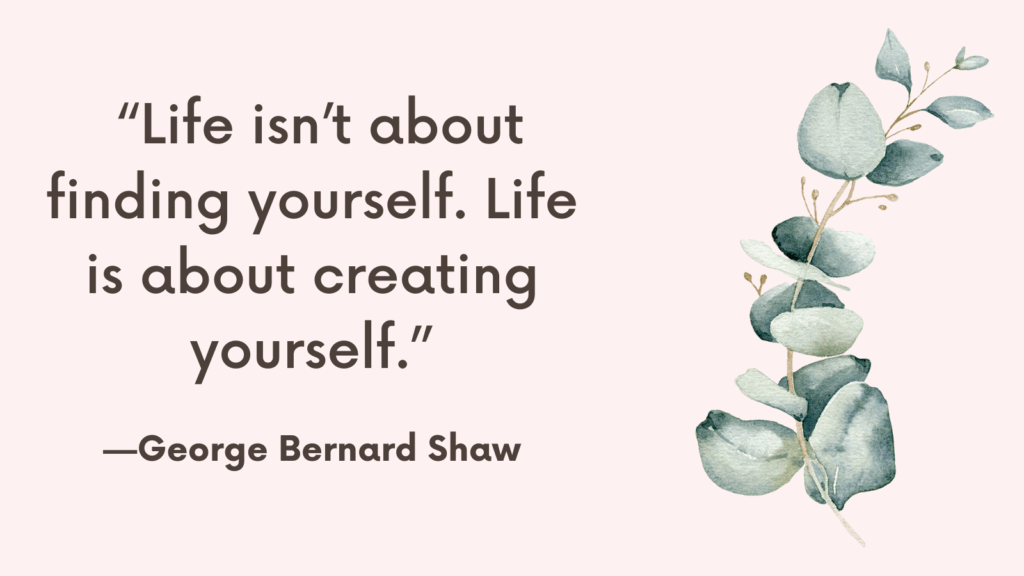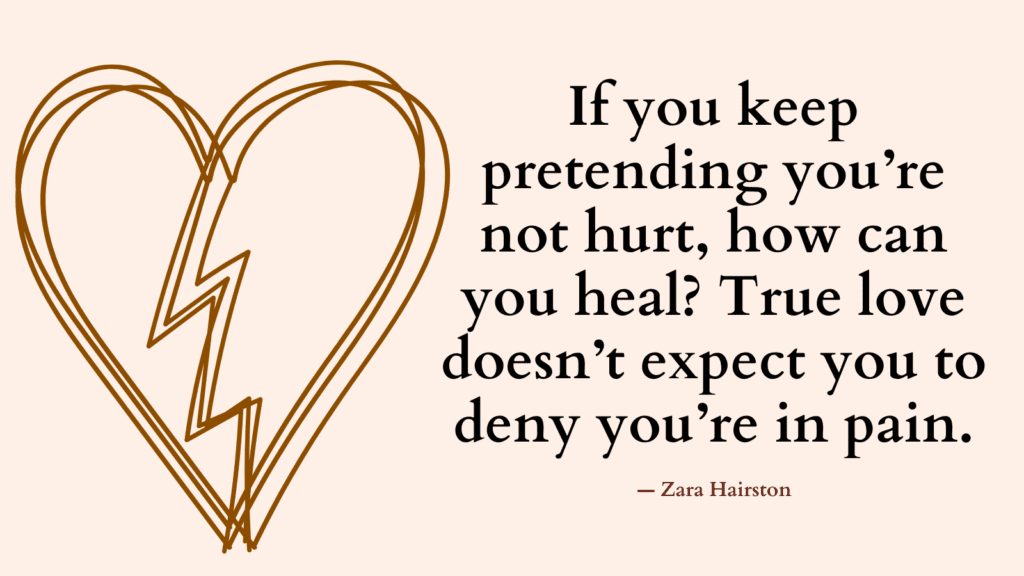Today, you’re going to discover the 8 dysfunctional family roles.
What Constitutes A Functional Family?
A functional family system is one that meets family members’ needs. Those needs include:
- Basic needs: food, clothing, and shelter.
- Safety, warmth and nurturance: appropriate touch, laughing together, crying together, sharing joys together and protecting each other from harm.
- Love and belongingness: a sense of communion, of belonging to a group or a unit, of being loved and included.
- Autonomy or separateness (depending upon the age of the family member): freedom to find out and express what they like and don’t like, a sense of uniqueness, privacy.
- Self-esteem or a sense of worth: this is done by praise and healthy skill-building.
- Room for human error and imperfection: freedom to make mistakes.
- Fun: playfulness and creativity.
- Spirituality: it doesn’t have to be a formal religion, but rather a relationship with a Higher Power (be it God, Nature, the Universe, or the ineffable, unexplainable around us).
Related: Healing From Childhood Emotional Neglect In 6 Steps (+FREE Worksheets PDF)
8 Dysfunctional Family Roles
The needs that each family member needs are usually divided up and delegated to one family member or not present at all.
The following are some of the dysfunctional family roles that develop (Wegscheider-Cruse, Satir, Kellogg).
1. The Do-er
The Do-er provides most or all of the basic needs (food, clothing, and shelter). The Do-er does a lot but because it is a dysfunctional family, basic needs are all the Do-er has the time or energy to do.
This leaves the Do-er feeling tired, empty, and taken advantage of. But the Do-er gets a lot of satisfaction out of being so accomplished and their overdeveloped sense of responsibility keeps them going.
2. The Enabler/Helper
The Enabler provides nurturance and sense of belongingness for the family. They keep everyone together and try to avoid conflict.
Sometimes, this person is also the Do-er.
The Enabler is motivated by fear of abandonment and fear that other family members cannot stand on their own two feet.
Related: Caregiving vs Caretaking (The Savior Complex)
3. The Lost Child/Loner
The Lost Child copes with the family dysfunction by means of escape and isolating themselves. But it is not healthy aloneness.
In a way, the Lost Child is taking care of the family’s needs for separateness and autonomy.
Related: How To Overcome Avoidant Attachment Style?
4. The Hero
The Hero makes the family proud. They accomplish great things in life but would secretly feel awful because of their other family members who are not doing as well.
The Hero provides self-esteem for the family but at the expense of their own well-being.
Related: Top 20 Practical Ways to Overcome Toxic Perfectionism (& Get Things Done)
5. The Mascot
The Mascot provides humor, a sense of fun or playfulness, and a distorted type of “joy” for the family.
On the other hand, the Mascot’s true feelings of pain and isolation don’t get expressed.
6. The Scapegoat
The Scapegoat is the “black sheep.” They act out all of the family’s dysfunction and therefore take the blame for the family.
The Scapegoat might get into drugs, steal, get in a lot of fights, act out sexually, etc.
The family might say something like, “If your little brother weren’t such a trouble maker, we would be a healthy family.”
7. Dad’s Little Princess/Mom’s Little Man
This is when a child gets to be “a little spouse” to one of the parents.
This role is a form of emotional abuse. The child does not get to be a child.
8. The Saint
This child expresses the family’s spirituality and is expected to become a priest, a nun, a rabbi or a monk.
The expectation might not be a spoken one but rather one that is subtly reinforced and encouraged, by making the child believe that they are only worthy if they act out the spirituality for the family.
Many people will have more than one role (a Lost Child can also be a Scapegoat) or change roles as they grow up (a Mascot can later become a Hero).
Do these roles exist in functional family?
The answer is No!
Instead of roles, functional families have different personality types.
One family member might be shy but that doesn’t mean that they’ll isolate themselves and become the Lost Child/Loner.

Conclusion
It is important to note that healthy family systems also experience stress and problems.
However, they are able to handle these problems in a healthy way.
Healthy families share responsibilities, spend quality time together, recognize and admit their own stress, and so something to change the situation.
References
- Portions of this article were adapted from the book Adult Children Secrets of Dysfunctional Families: The Secrets of Dysfunctional Families, © 1988 by John C. Friel Ph.D. All rights reserved.



